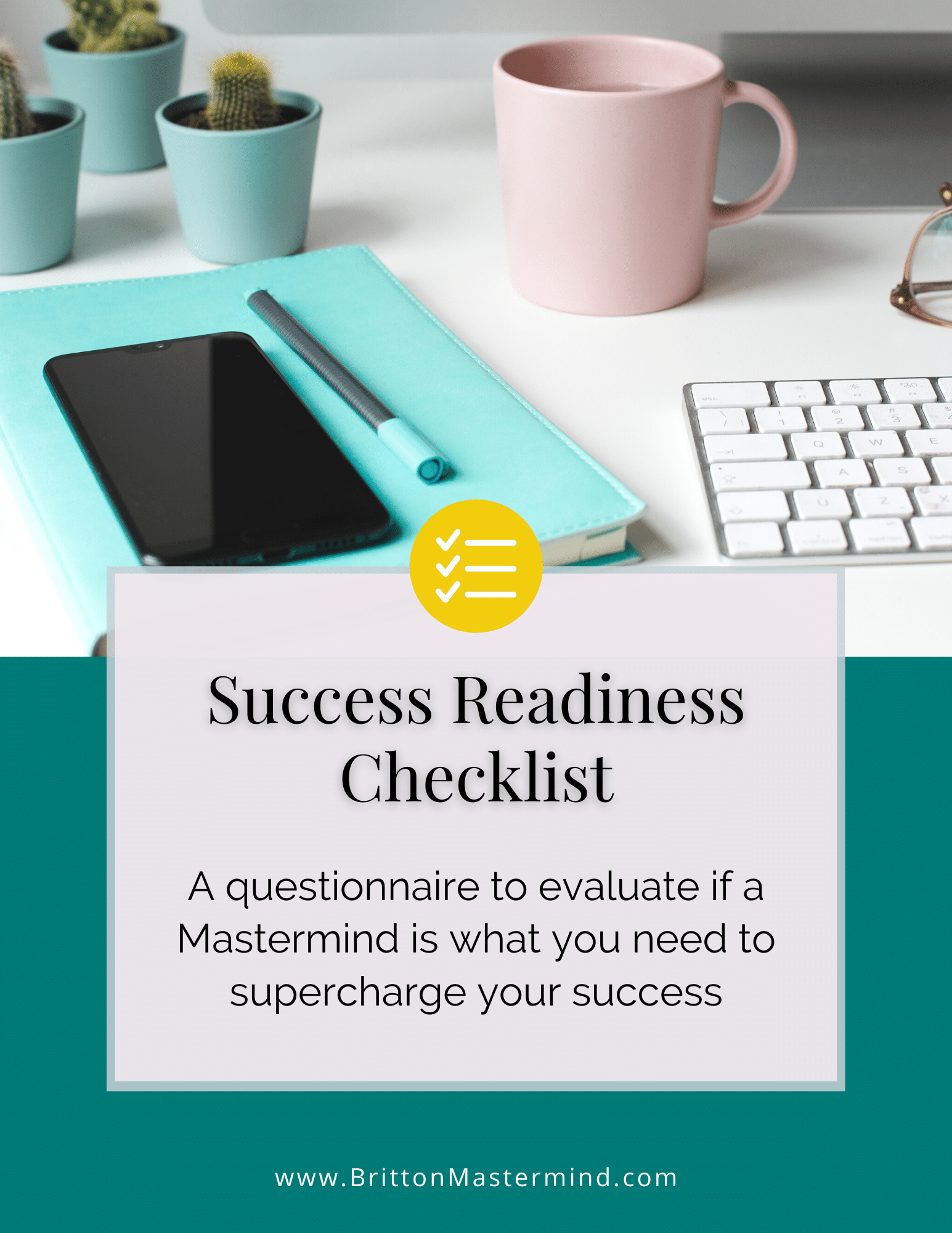
This is the 3rd video in a 5-part series. To watch the prior videos, click the links below:
To watch this video, please scroll down below the Recap.
___________________________________________________________________________________
Recap of Video #2: Mind
Wasn’t the information in the last video juicy and thought-provoking? (See what I did there?)
Remember how I mentioned in the first video that the MEBES model can actually be used in other areas of our lives?
I wonder if you suffer from any mental blocks in your life as a sexological entrepreneur.
Do any of these sound familiar?
You struggle with not feeling good enough or like you don’t know enough to be truly effective with your clients.
You’re stuck in Imposter Syndrome, worried that at any moment, you’ll be found out for the fraud that you sometimes think you are.
You think you don’t do enough for your clients.
You feel behind the curve in terms of keeping up with current issues, trends, and language.
You’re out of fresh ideas for working with clients in new, creative ways.
You are bored with your work and wish you could find new mental/intellectual challenges to re-ignite your passion.
You lack the knowledge for how to succeed or scale up your business.
Working with a mentor experienced in applying the MEBES model could help you resolve all of these mental blocks getting in the way of your success as a sexological clinician. That’s part of what you’ll get from participating in my new passion project: Britton’s High Achievers Mastermind.
We’ll talk more about that later. For now, I want to share the next video with you. We’re going to the realm of the heart: our Emotions. Let’s explore how our feelings can interfere with our sexual pleasure and how the MEBES model can help our clients resolve those issues.
Video #3: Emotions
Transcript:
Hi Dr. Patti here again. If you haven’t watched the first two lessons, then it’s time for you to go back and do that– so that you can find out all about the MEBES signature system. This is my model for doing client assessments and developing action plans, as well as the overview of how the model works, why it works and how you can use it in your clinical work.
So the lesson today is about the first E in the MEBES Signature System and that’s E for emotions or the emotional realm. You know, just as we talked about in the last video, when I was talking to you about the first letter, which is M for mental realm, the E for emotions is one of the tricky parts of the MEBES assessment and action planning tool.
Here’s why: Most of the trainings that I offer at this point are through Sex Coach U, and they focus on training and preparing sex coaches as skilled competent clinical sexologists. The hard stuff however is when we think about the distinction between coaching and therapy. Probably the most salient area where there is distinction is in the emotional realm and how we as coaches versus therapists might work with a client. As a coach, part of our role and part of our mission in a sense with a client—once we’ve done our intake assessment as the first phase of our client relationship—is to look at what is going on with the client that they’re seeking out our services.
When we get to conducting our sessions, one of the aspects that really differentiates coaching from therapy is this: A coach will elicit and honor or acknowledge and then redirect emotions. What’s the difference? Well, the difference is actually very significant because, in coaching, we do not focus on the past history of a client. We acknowledge the past. I train my students and graduates to be really good detectives for their clients, looking at the threads that we can pull through from their past to the present situation.
But we don’t drill down with the why’s and hang out in the past, particularly the childhood development or early adult development of our clients. We as coaches also don’t focus on trauma. That’s not to say that many of us as clinical sexologists and sex coaches are not trauma-educated or trauma-informed, but it is my bias that the work around trauma is the work of therapists, not coaches.
Here’s the other distinguishing factor—as coaches we do not process emotions. A client may present with emotional expressions, such as crying or stomping or raging. What we do is we acknowledge the emotions, we invite them, we leave room for emotional expression, and then we redirect the client back to why they are there, back to their stated goals.
Here’s the other thing: In order to be a coaching client, the client must be “coachable”—which means that the majority of clients that most of us see as sex coaches are people who have already been through an experience of therapeutic treatment: it might be psychotherapy, counseling, pastoral care, it might be a group or an individual situation, such as even a peer support or healing group around rape or abuse or trauma of any kind. But the work of coaching is to be present with the client in the here and now toward their stated goals; and to facilitate the journey of the client toward those goals. If emotions surface, so be it.
Now let’s talk about the big triad. When we think about emotions what occurs to us is the triad of fear, guilt, and shame. At the end of that triad is toxic shame—that is the biggest issue that most of our clients will face.
Anger has an interesting dynamic. I love to reflect back on my early days when I was trained in two different programs by John Gray, author of the Mars Venus paradigm. Gray discovered and described the trajectory of unresolved anger and this is so important for couples’ work. Here’s how that goes: unresolved anger is like a sharp line that points up and then goes down. Anger gets a bad rap. Especially for women! Anger is actually a very empowering and powerful emotion and it’s a wonderful push-away emotion, a great emotion for ending a relationship and creating separation.
When anger is unresolved, however, guess what happens? It begins to fester and solidify and it turns to resentment. It looks and feels like a thick undulating slight curve in the line. Then when resentment is not released or resolved, it turns to cement. That’s called shutdown. I see this a lot in my couples who have essentially given up and by the time their emotional state is ready for a coaching experience, they’re emotionally dead. Often they’re stuck in shutdown and appear like a DOA couple hoping I have a magic wand to wave to save them.
It is critical to understand that emotions also have a lot to do with self-worth, self-esteem, positive self-regard, and positive feelings about the body, especially body image. One of the most important aspects of our work as clinicians is to assist our clients in overcoming that self-shaming inner chatter. We can think back to M for mental, where I described that negative self talk is often accompanied by emotions surrounding negative body image. Remember that? If not, go review that lesson.
Last but not least, when we think about emotions, of course there is a wide range of emotions. In her newest book, Atlas of the Heart, author Brené Brown talks in great detail about the 87 different and distinct human emotions. This is such an incredibly powerful book and there is so much more to learn than this rough sketch that I’m able to give you today about the emotional states of humans, and our capacity to feel and manage emotions. Speaking of capacity often in the emotional realm is our work in assisting our clients to unearth and identify their capacity for intimacy. Intimacy is the ability to be seen, to be heard, to be vulnerable, to risk having the courage to be known. Often the work that we do is giving permission and assisting our clients—again along that journey of claiming of self—so that they can be with themselves and with others.
That’s an overview of the first E in the MEBES model that stands for emotions.
Tune In for more lessons coming out. I’ll be sharing with you next about the biggest part of the MEBES model, of course as a sexuality specialist, and that’s the body! We will also talk about body image and behaviors as part of the B realm.
Be sure you catch the next lesson. And go find out about my new mentorship program, Britton’s High Achievers Mastermind.
Take care and I’ll see you soon
bye-bye




